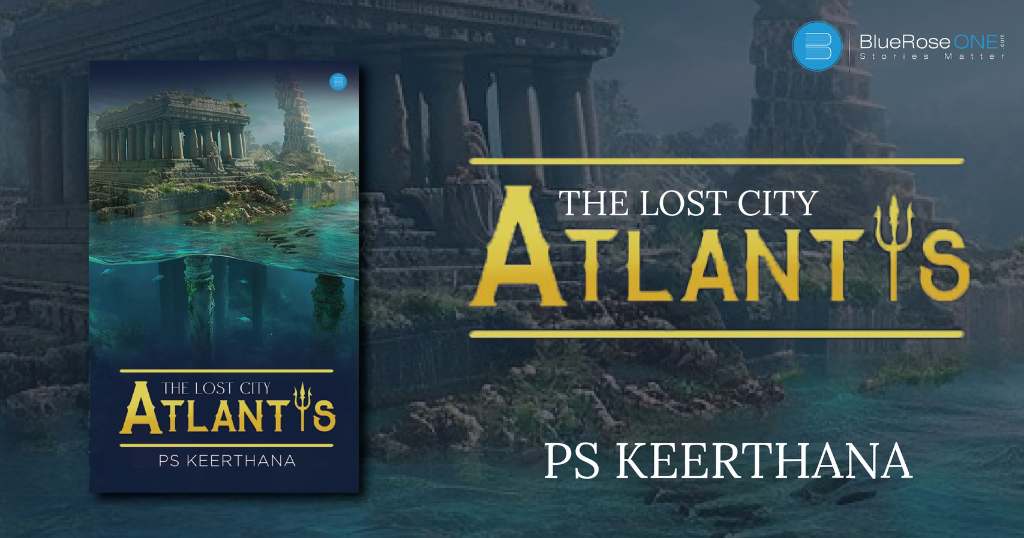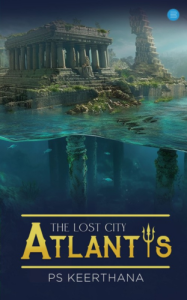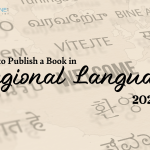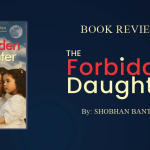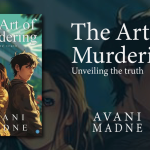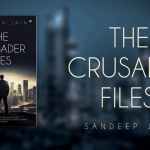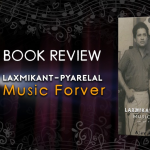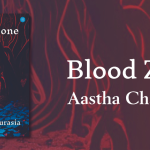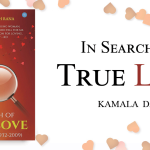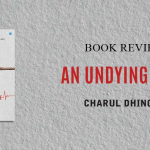Book: The Lost City of Atlantis
Author: P.S.Keerthana
Blurb: Julia was a girl who never believed in fairytales, superstition, or fantasy fears, but yet some people believed them in 1895. She was a Stoker on the ship so that she could get money to survive, but when the ship went down, she was rescued by an ambitious middle-aged woman named Jenny Mark, a woman obsessed with Atlantis. She was crazy over Atlantis, and she showed Julia some evidence that such a city just might exist. As they dove deeper into the deep in a desperate attempt to find something and someone, they came to wonder: If ATLANTIS is real, what are we to expect?
Book Review - "The Lost City of Atlantis" by P.S. Keerthana
P.S. Keerthana’s “The Lost City of Atlantis” is a riveting journey that transcends the boundaries of time and belief, weaving together elements of adventure, mystery, and the age-old allure of mythical Atlantis. Set against the backdrop of 1895, the narrative introduces us to Julia, a pragmatic young woman whose world collides with the fantastical when she is rescued by the enigmatic Jenny Mark.
At its core, the novel challenges the steadfast scepticism of its protagonist, Julia, who stands as a representative of a rational and scientific worldview prevalent in the late 19th century. The juxtaposition of Julia’s grounded perspective with Jenny Mark’s unwavering obsession with Atlantis creates a tension that propels the narrative forward. This dynamic exploration of belief systems serves as the narrative linchpin, compelling readers to question their own convictions.
The character development in “The Lost City of Atlantis” is noteworthy. Julia’s transformation from a staunch non-believer to someone grappling with the possibility of a submerged utopia is nuanced and well-executed. Keerthana skillfully navigates Julia’s internal conflicts, allowing readers to empathise with her journey of self-discovery. The enigmatic Jenny Mark adds layers to the narrative; her fervour for Atlantis is not merely an eccentricity but a driving force that pushes the boundaries of exploration.
One of the strengths of the novel lies in its historical context. The meticulous attention to detail immerses readers in the sights and sounds of 1895, creating an authentic backdrop against which the fantastical elements unfold. Keerthana seamlessly integrates historical accuracy with the speculative, offering readers a glimpse into a world on the cusp of scientific and cultural revolutions.
The thematic exploration of Atlantis as a symbol of the unknown and the unattainable is masterfully executed. The novel invites readers to ponder the age-old question: What if the mythical city is not just a figment of imagination but a tangible reality waiting to be uncovered? The theme resonates with universal curiosity, transcending temporal boundaries and appealing to the innate human desire for exploration and discovery.
The pacing of the narrative is well-calibrated, with each chapter unveiling new layers of intrigue. The deep-sea exploration adds a thrilling dimension, and Keerthana’s vivid descriptions plunge readers into the mysterious depths alongside the characters. The author expertly balances moments of tension with periods of introspection, maintaining a narrative rhythm that sustains engagement from start to finish.
The prose in “The Lost City of Atlantis” is evocative and immersive. Keerthana’s descriptive prowess brings the underwater landscapes to life, creating a vivid tapestry of visuals that lingers in the reader’s mind. The dialogue is crisp and serves both to advance the plot and reveal the nuances of the characters. The author’s ability to capture the essence of conversation contributes to the authenticity of the relationships within the narrative.
A notable aspect of the novel is its ability to transcend the boundaries of genre. While firmly rooted in historical fiction, the speculative elements elevate the story into the realms of fantasy and adventure. This genre-blurring adds a layer of unpredictability, keeping readers on the edge of their seats as they navigate the uncharted waters alongside the characters.
In conclusion, P.S. Keerthana’s “The Lost City of Atlantis” is a literary odyssey that seamlessly intertwines history and myth, scepticism and belief. With a compelling protagonist, a richly detailed historical backdrop, and a thematic depth that transcends time, the novel offers readers a thought-provoking exploration of the boundaries between reality and fantasy. Keerthana’s narrative finesse and ability to evoke a sense of wonder make this book a captivating read for those who seek a thrilling blend of history and the unknown. “The Lost City of Atlantis” is not just a novel; it is an expedition into the uncharted territories of the human imagination.
Publish your book with BlueRoseONE and become a bestselling author. Don’t let your dream of becoming an author fade away, grab the opportunity now and publish your book – be it fiction, non fiction, poetry or more.

